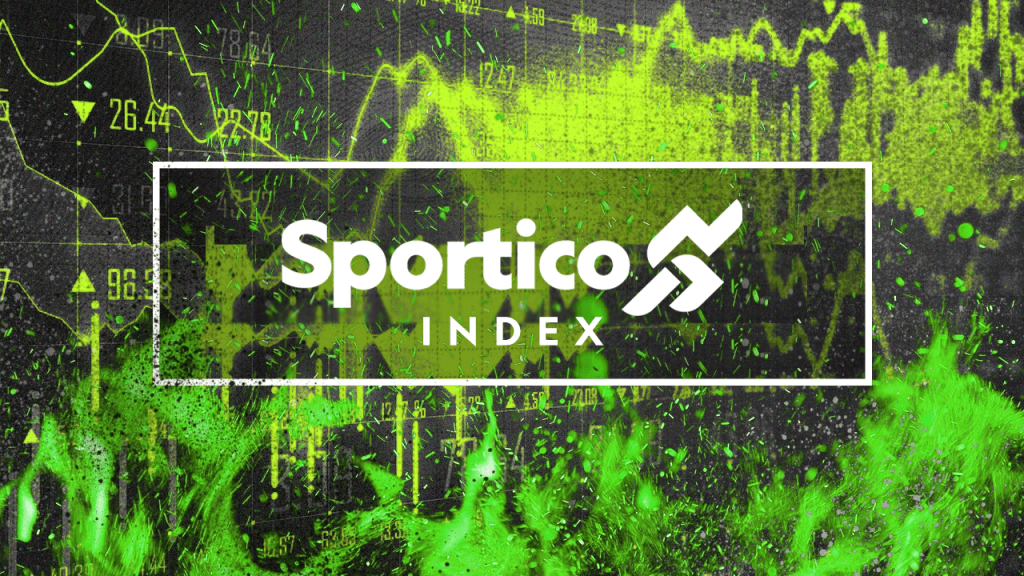The stock market experienced positive momentum as equities dismissed concerns about tariffs, consumer spending, and inflation in July. Consequently, the Sportico Sports Stock Index rose nearly 2% during the month, reaching its highest point since late 2021.
By the end of July, the index closed at 1,522, having peaked at 1,573 earlier in the week, marking its best performance since December 2021. This growth mirrored broader stock market confidence, with the tech-driven Nasdaq Composite index climbing nearly 4% and the S&P 500 gaining over 2%.
“Boom times are back—at least for now—as GDP is running at 3%, unemployment is low, and inflation remains controlled,” noted Chris Zaccarelli, chief investment officer for Northlight Asset Management, which oversees about $750 million. “The economic situation is fluid, and we have yet to see the overall impact of tariffs on inflation.”
Within the 40-stock Sportico sports index, gains were prominent among a few leading stocks, with Rush Street Interactive (RSI) standing out. The casino and sportsbook operator surged 26% on Thursday, closing July at $20.20, its highest price since late 2021, driven by strong engagement on its BetRivers online platform.
Jefferies analyst David Katz highlighted that ongoing enhancements to both the iCasino and Online Sports Betting platforms are leading to increased user interaction. Advances in parlay and prop bet options are pushing up betting frequency and retention rates.
In addition to Rush Street, other stocks in the index also saw significant increases in July. TopGolf Callaway Brands (MODG) rose 15%, driven by increasing social media buzz as retail investors await the spinoff of TopGolf. Meanwhile, Rogers Communications (RCI) gained 13%, buoyed by optimistic revenue projections from the Toronto Blue Jays and its acquisition of Maple Leaf Sports and Entertainment.
Overall, half of the Sportico Sports Stock Index components experienced gains in July, while the other half saw declines. Notably, Ferrari (RACE) dropped 11% after announcing earnings, with investors spooked by slowing luxury car sales, despite a reduction in tariffs that would allow for lower U.S. prices. Additionally, Vivid Seats (SEAT) saw a decline of 10%, grappling with projections of a 16% revenue drop in 2025.



